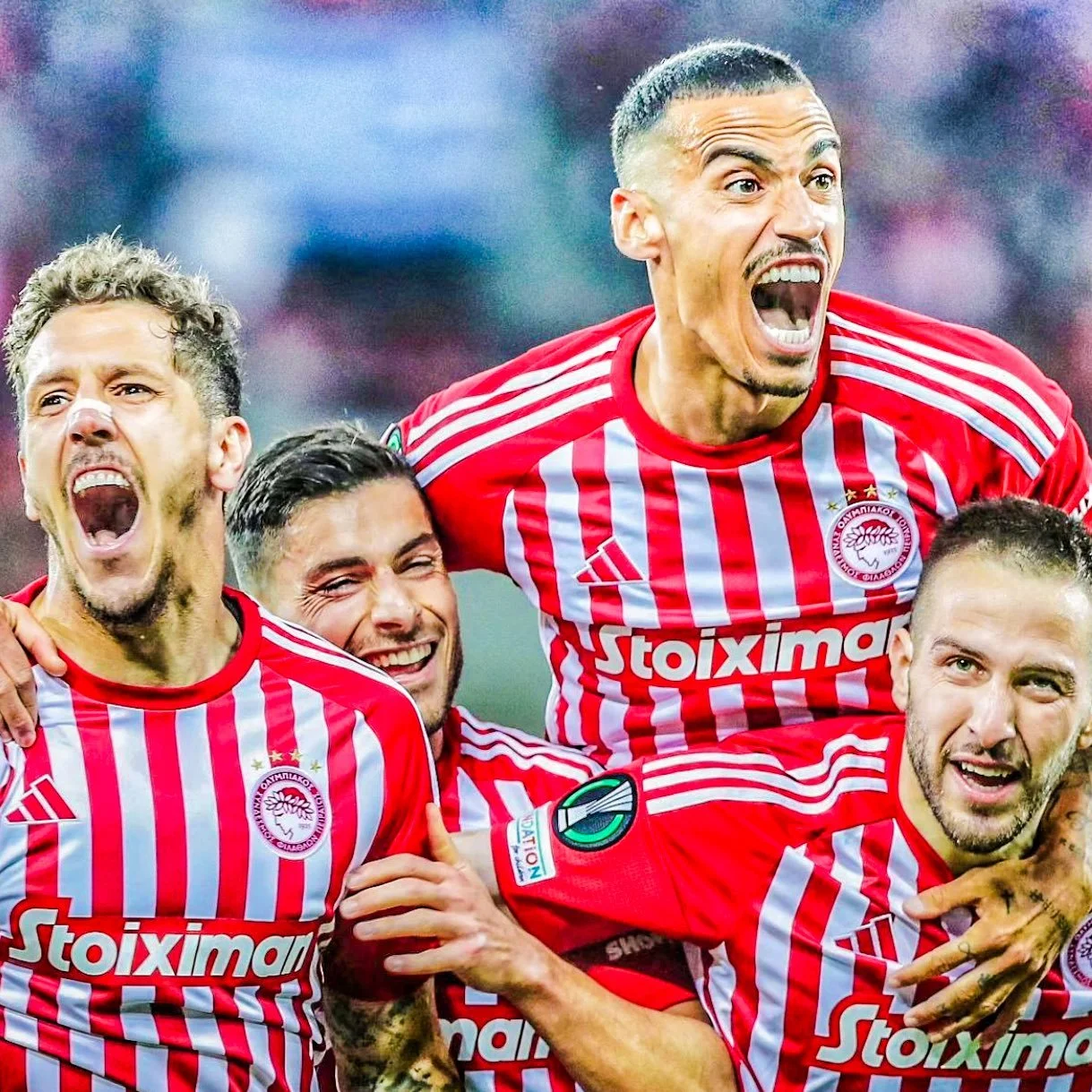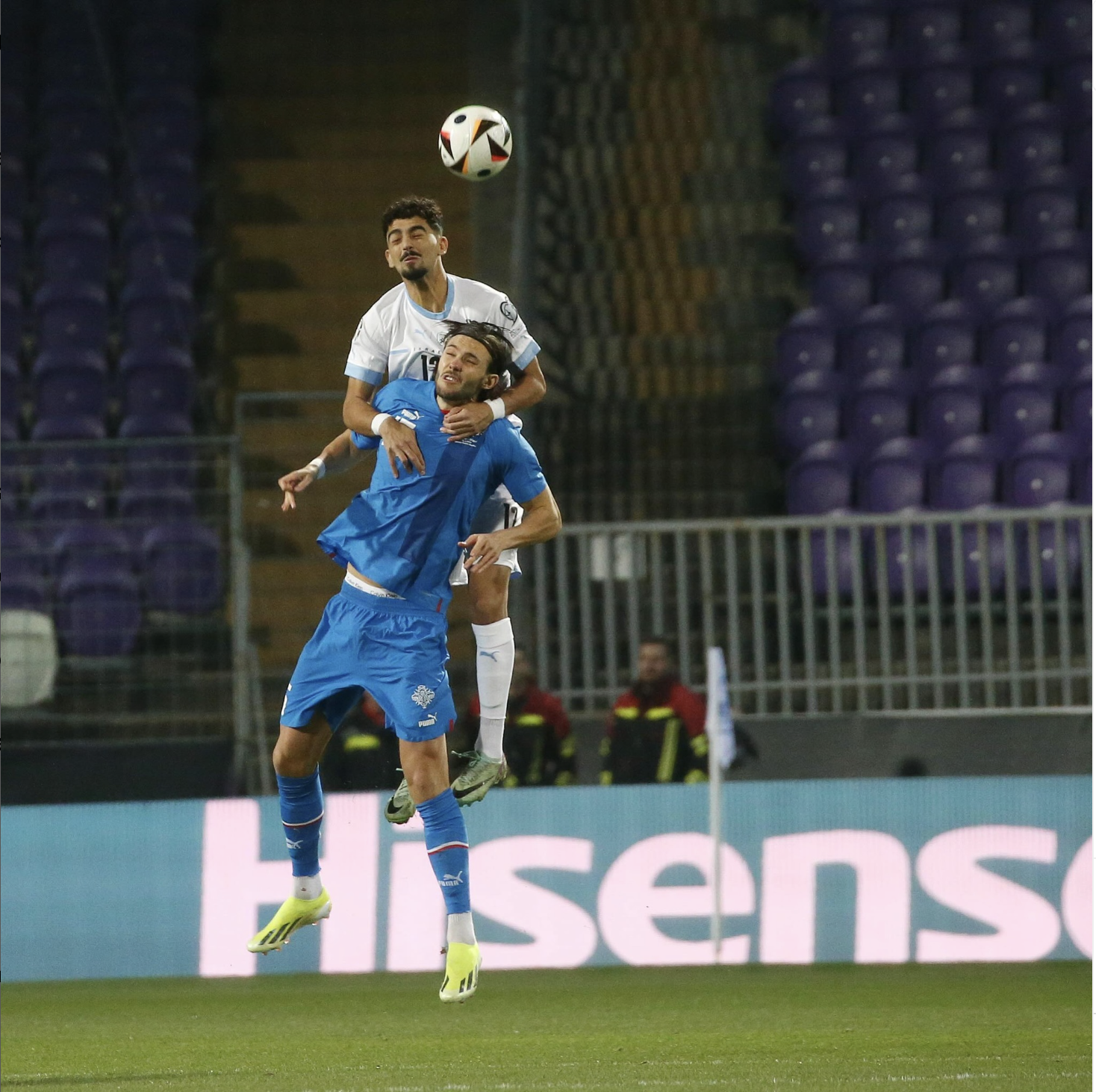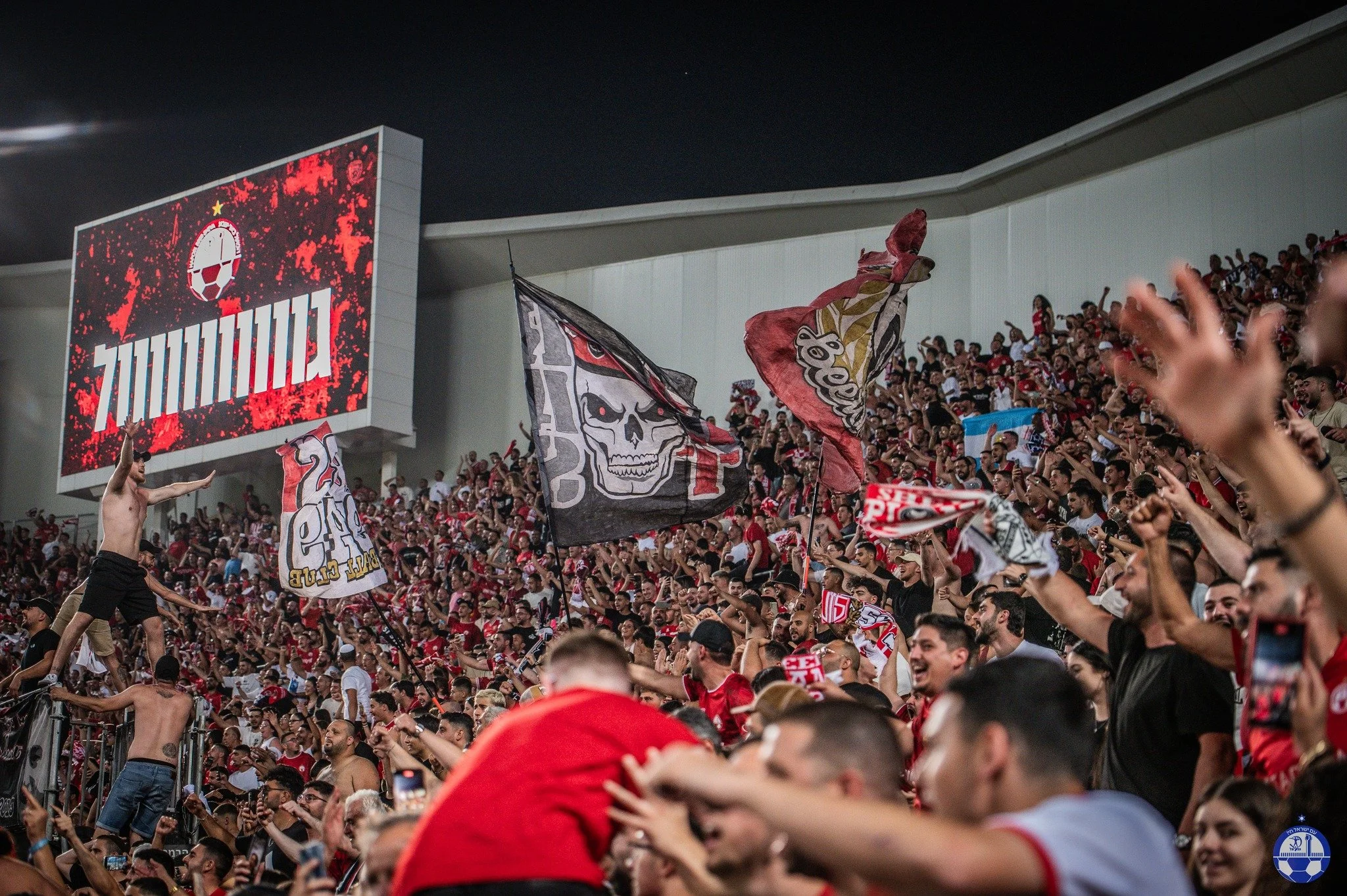Starting a new European Championship qualifiers campaign is always exciting, but for some teams, where that excitement comes from is not so obvious.
It will only be Kosovo’s second European campaign. Their previous attempt to qualify for the finals, for Euro 2020, they came close - their head-to-head record against Czechia ended with the Kosovans narrowly missing out on second place, and they were eventually defeated by North Macedonia in the play-offs.
Before their first match in the Euro 2024 qualifiers against Israel, it’s time to take a look at why Kosovo’s journey is so unique.
From a breakup to a breakthrough
Kosovo was part of Yugoslavia until the early 1990s. Along with a raft of other countries, Kosovo wanted to break away.
Unlike the others, however, Kosovars are of a different ethnicity to the former Yugoslav nations - they are Albanians and speak Albanian.
The region was the stage for a big war led by the Federal Republic of Yugoslavia and, just like in Bosnia a few years earlier, the Yugoslav forces fought the Kosovars and Albanians.
For a while, even NATO stood by Kosovo’s side.
Tensions remained after the war, with Kosovo remaining part of Serbia.
In 2008, Kosovo unilaterally declared its independence and, although Serbia didn’t recognize that action, Kosovo was backed up by the United States, which was one of the first countries to recognize the new country.
More than 100 others have followed suit since then, but many still refuse to do so.
The acceptance process
Their admission to FIFA wasn’t straightforward as, since 2000, FIFA has been limiting its membership to UN member nations only.
Fifteen years after its declaration of independence, Kosovo still cannot join the UN, as Russia and China are willing to use its veto rights to deny Kosovo’s UN membership.
Kosovo, therefore, couldn’t join FIFA.
A 2012 petition was sent to then-FIFA president Sepp Blatter, signed by Kosovar players - among them Granit Xhaka and Xherdan Shaqiri, who are Kosovan but played abroad.
A year later FIFA made the first decision to allow Kosovo to play international matches.
They were allowed to host matches against clubs without using a national symbol, such as a flag, emblem or anthem, and to host such a game, they had to request permission from the Serbian FA.
Only in 2014 did FIFA decide to allow Kosovo to organize international matches, still without allowing them full membership.
This development saw the country’s first ever recognised international friendly match, against Haiti.
In the end the decision that increased Kosovo’s sporting opportunities came from the International Olympics Committee (IOC).
It accepted Kosovo as a full member, allowing the country to enter a side in the 2016 Rio Olympics.
A few months later, UEFA and FIFA accepted Kosovo too.
Challenges as a new country
Since its admission, Kosovo has faced a series of challenges that not every national team faces.
Before their first official competitive match, against Finland in the 2018 World Cup qualifiers, the national team had to wait until the last moment to find out who would be eligible to play.
As Kosovo was a new team, players that had represented other countries could request to change their nationality.
Among those were Valon Berisha, who made 20 international caps for Norway, and Albert Bunjaku, who was part of the Swiss squad for the 2010 World Cup.
As a partially recognised country, Kosovo faces challenges when playing against teams that don’t recognise its independence.
In the 2022 World Cup qualifiers, Kosovo had to play against Spain, which doesn’t recognize Kosovo due to its own issues with the separatist Catalan and Basque communities.
In other competitions, athletes from Kosovo have been banned from presenting their flag, and sometimes even had their visa requests denied.
Before the match against Spain there was a series of incidents.
The game was described by the Spanish media as a game against the “Kosovo FA national team”.
In the press conference before the match, a Kosovan press officer refused to take a question from a journalist that wouldn’t refer to the country of Kosovo.
Another incident was in the 2019 Euro U17 qualifiers, when Kosovo was drawn in a group with Spain, Ukraine and Greece.
There was a disagreement about the hosting nation of the group, as none of their rivals wanted to come to Kosovo, and neither of these countries recognised its independence, refusing to host Kosovo.
In the end, the group stage was played in Switzerland.
Waving the flag
Kosovo begins the Euro qualifiers with a real opportunity to reach the tournament.
Switzerland are the clear favourites to win the group, but the race for second spot, between Israel, Romania, and Kosovo, could be a challenging one.
And more players are now deciding to represent Kosovo than ever before. The importance of representing their homeland, even if they were born far away, is in their hearts.
In the last year, Kosovo has made an important step forward, as the domestic champions Ballkani played in the Europa Conference League group stage - the first club from the country to do so.
All that does is as add a little bit of hope ahead of their opener against Israel on Saturday.
Edited by Alex Smith






